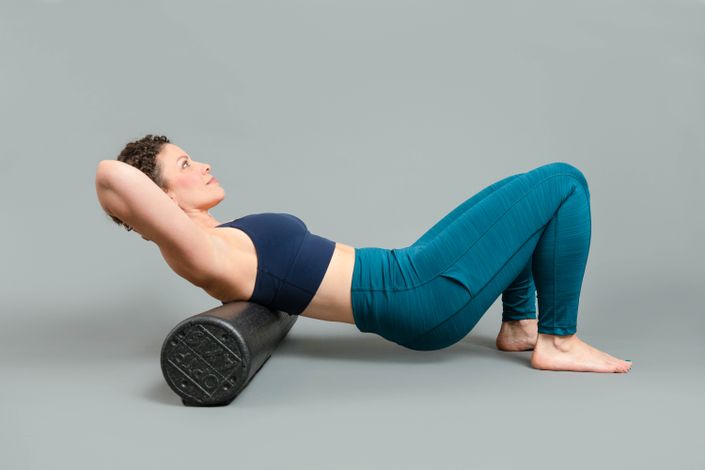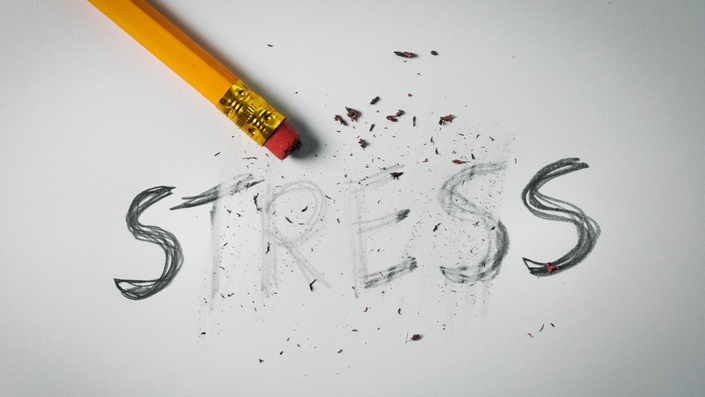Breath is life.
More dramatically put, without the breath, there is no life.
The funny (or not so funny) thing is, as important as the breath is, it happens to take a back seat for many us.
You see, our focuses tend to be on so many other things like our to do lists, finances, tending to our careers, kids, other people, and the like. All the while, these things outside of us take our attention away from our breath…and our bodies pay for it.
When we put our breath on the back burner, we can experience the following:
- Chronic tension in our shoulders and neck
- Anxiety
- Depression
- Consistent stress
- Panic attacks
- Inability to think or communicate clearly
- Chronic fatigue or outright exhaustion
- Clenched jaw or TMJ Dysfunction
- Digestive issues
These are but a few signs that we're not breathing correctly, and there are many more possiblities.
When we breathe correctly, the breath helps with the following processes (to name a few):
- It calms the nerves and the mind.
- It oxygenates the blood, which helps with pain reduction.
- It helps improve posture by opening up the diaphragm and lifting our chest.
- It helps to balance the levels of oxygen and carbon dioxide in the bloodstream.
- It helps lower the amount of stress hormones in blood.
- It reduces blood pressure.
- It helps balance our heart rate.
- It detoxifies the body by stimulating the lymphatic system, and this improves immunity, as a result.
So even with all of these wonderful benefits, it turns out that we only use 10% of our breathing capabilities, much like we only use 10% of our brains' capacity! Interesting parallel, is it not?!
Why is this!? You see, although the breath falls into the parasympathetic nervous system function (i.e. “rest and digest” mode), basically meaning that we don't have to think about breathing. The reality is, we happen to operate in the sympathetic nervous system mode (i.e. the “fight, flight and freeze”) and our breathing becomes shallow, which then negatively impacts our bodies as a result of being in a constant high state of alert.
When we're in a constant state of alert, we tend to react to life rather than respond to it.
So while breathing is part of our innate bodily function; in order to actually improve the quality of our breath, we do have to think about it, and breathing exercises can help enhance this innate function.
This 3-part workshop series will give you a glimpse into the importance of healthy breathing, and learning how to heal your breath can help you respond to life rather than react to it.

Lesson One
The vast majority of humans believe they know how to breathe, yet do they really!? In this lesson, we will cover the anatomy of breathing and how to breathe correctly and efficiently so you can learn the most effective way to access your breath.

Lesson Two
In this lesson we will explore 4 common dysfunctional breathing patterns and the pathway to healing them. This is a lecture based lesson that includes one experiential breathing practice.

Lesson Three
In this lesson, become aware of your current breathing patterns, and learn a somatic breathwork sequence aimed to help reset your nervous system and enhance your breathing.
Example Curriculum
Meet Your Instructor
Hi there! My name is Heather Fraelick. I am a lover of life, movement and witnessing others feeling empowered. I am a dancer, a Somatic Breathwork Coach, a traveler, a Myofascial Release Practitioner, a teacher, a women’s circle facilitator, a life long student and more. I believe in life and the authentic healing that can happen when we actually slow down and feel what our bodies are trying to tell us.

Featured Products
Check out our other courses offered on Fluidify Fascia & Wellness, including our signature course, The Fluid Fascia.




